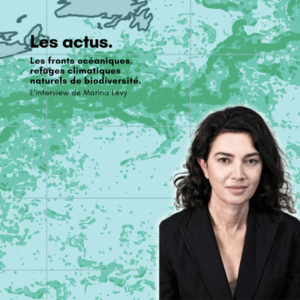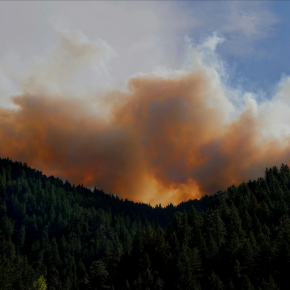CDD
Post-Doctoral Position in Atmospheric Chemistry & Physics modelling
The post-doc will develop operational tools for Air Quality modelling in Asia.
Contexte
CHIMERE is a French 3D chemistry transport model used to simulate the Air Quality over a given geographical area of interest. The model has been extensively used over Europe but also worldwide, and the goal of this post-doc is to apply the model in South and South-East Asia. The CHIMERE team has started to collaborate with Asian institutions to support the air quality monitoring strategies in one of the most polluted places in the world, particularly in Thailand, Viet Nam, Bangladesh, Nepal, India and Pakistan. These countries need the development of operational tools to forecast the concentration of air pollutants and deploy simple tools to analyse the best strategies to reduce air pollution. Air pollution ranks as the leading risk factor for poor health in South Asia.
In 2021 alone, it is estimated to have resulted in 2.6 million deaths across the region. In this context, there is growing investment in monitoring air quality and developing air quality management plans. Targeted policies are being implemented across a variety of sectors, from expanding access to clean energy for cooking and heating, promotion of electric mobility, modernizing brick kilns, and developing solutions to reduce burning of agricultural waste. The progress thus far shows that with sustained, evidence-based implementation programs, clean air can be achieved, promoting better health for all. A key pillar for decision-making is the evidence of the health effects of air pollution. In the last decade, there has been a growing number of research publication exploring the association between exposure to air pollution and health.
Description
The post-doc will develop operational tools for Air Quality modelling in Asia.
The SHERPA model developed by the European Commission Joint Research Centre (JRC) is an emulator of an air quality model able to reproduce the behaviour of any air quality models, and then suitable to analyse very quickly various emission reduction strategies. The post-doc fellow will build a version of SHERPA (offline) over Asia and participate to the developments of downscaling strategies to address the urban scale. The SHERPA model requires a training process using for instance the CHIMERE model. In fine, SHERPA can analyse the sectoral and geographical origin of air pollution and evaluate the health benefits of air policies.
The postdoc will work in close collaboration with international institutions such as the European Commission JRC, ICIMOD (www.icimod.org) in Nepal and IRD (Institut de Recherche et Dévelopement) in Bangkok.
As an expert in the field of Air Quality modelling, the postdoc will be in charge of the following tasks:
- Contribute technically by the use of programming languages to the development of the air quality modelling chains over Asia with CHIMERE;
- Support the development of adequate emission inventories based on the global EDGAR V8 emission database;
- Lead and contribute to the development of the SHERPA model for two Asian domains (South-Asia and South-East Asia);
- Prepare research reports and publications in the field of air quality modelling based on the results of his researches;
- Contribute to the preparation of workshops promoting the use of SHERPA and CHIMERE in Asia;
Reach out to scientists in regional and international universities, institutes, expertise centres, to identify and develop opportunities.
Remuneration
Minimum 3100 Euros/month as gross salary.
Compétences requises
ESSENTIAL
- A PhD in a relevant field, such as Atmospheric Sciences, Environmental Sciences, Sustainable Energy or other relevant subjects;
- Experience working in multicultural environments;
- Good problem solving skills and solution seeker;
- Excellent knowledge and practice of programming languages (Fortran, Python, etc..) under linux environments (bash);
- Excellent knowledge of air quality models like the WRF-chem air quality model and/or experience with WRF-CHIMERE.
PREFERRED
- Strong understanding of the opportunities and challenges facing the HKH and other mountainous regions;
- Experience with communicating to a diverse audience (e.g. media, conferences, funders)
- Good project management and coordination skills;
- Knowledge of machine learning techniques architectures applied to air quality modelling;






